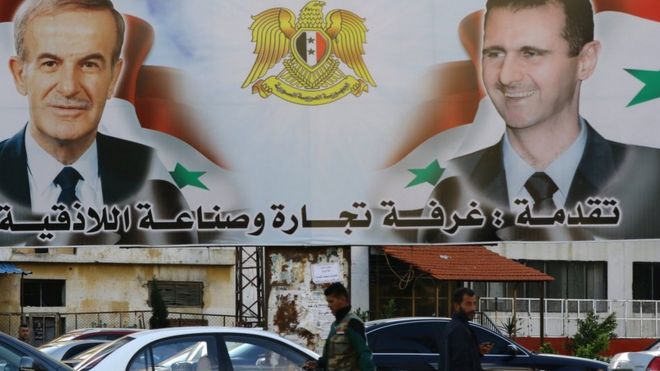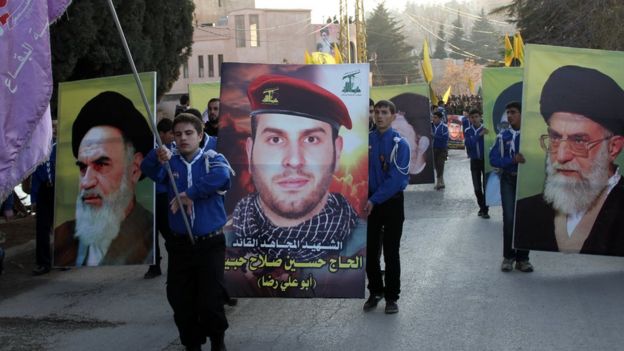EPA Continues To Implement Global Warming Plan Supreme Court Said It Couldn’t
DailyCaller: Environmental Protection Agency (EPA) officials are moving ahead with a key part of the Clean Power Plan (CPP) despite the Supreme Court issuing a stay against the agency’s global warming plan in February.
The EPA submitted a proposal to the White House for green energy subsidies for states that meet the federally mandated carbon dioxide reduction goals early. The Clean Energy Incentive Program would give “credit for power generated by new wind and solar projects in 2020 and 2021” and a “double credit for energy efficiency measures in low-income communities,” according to Politico’s Morning Energy.
Te move seems to violate the Supreme Court’s stay against CPP preventing the EPA from implementing its plan to cut carbon dioxide emissions from U.S. power plants. EPA, however, argues it’s doing this for states that want to voluntarily cut emissions — despite this being part of CPP.
“Many states and tribes have indicated that they plan to move forward voluntarily to work to cut carbon pollution from power plants and have asked the agency to continue providing support and developing tools that may support those efforts, including the CEIP,” reads a statement provided to Politico from EPA.
EPA Administrator Gina McCarthy is set to talk more about the plan Wednesday afternoon and will no doubt defend it from critics who will say the agency is violating a Supreme Court order.
“Sending this proposal to OMB for review is a routine step and it is consistent with the Supreme Court stay of the Clean Power Plan,” the EPA said.
EPA has been moving forward with aspects of the CPP despite the Supreme Court’s decision. After the court’s February decision, EPA began signalling it would continue to work with states that want to “voluntarily” move forward.
“Are we going to respect the decision of the Supreme Court? You bet, of course we are,” McCarthy told utility executives in February. “But it doesn’t mean it’s the only thing we’re working on and it doesn’t mean we won’t continue to support any state that voluntarily wants to move forward.”
Likewise, the head of EPA’s air and radiation office, Janet McCabe, has also suggested the rule will eventually be upheld.
“EPA utility rules have been stayed twice before, and ultimately upheld,” McCabe said while participating in a panel discussion in Bloomington, Ind., last week. “It’s only smart for states to keep working on this.”
“We stand ready at EPA to help any state that wants to move forward with their planning activities,” McCabe said, noting that some states pledged to cut CO2 after the Supreme Court stayed CPP.
McCabe was referring to an agreement signed by 17 states in the aftermath of the Supreme Court decision pledging to push forward fighting global warming. The agreement, signed mostly by Democratic governors, promotes cooperation between states in promoting green energy, not explicitly mentioning global warming.
McCabe neglected to mention the 30 states and state agencies suing EPA to get CPP struck down. That coalition of states was also joined by dozens of business groups, the coal industry and labor unions fighting to keep coal-fired power plants from being forced to close.
“EPA has crossed a line by assigning itself vast regulatory authority that surpasses anything ever contemplated by Congress,” Jeffrey Connor, interim CEO of the National Rural Electric Cooperative Association (NRECA), said in a statement. NRECA opposes CPP.
“The fact is that EPA didn’t produce a rule simply to reduce emissions — it crafted a radical plan to restructure the U.S. power sector,” Connor said.
*****
From the White House:
The Clean Power Plan
The Clean Power Plan sets achievable standards to reduce carbon dioxide emissions by 32 percent from 2005 levels by 2030. By setting these goals and enabling states to create tailored plans to meet them, the Plan will:
Protect the health of American families. In 2030, it will:
-
Prevent up to 3,600 premature deaths
-
Prevent 1,700 non-fatal heart attacks
-
Prevent 90,000 asthma attacks in children
-
Prevent 300,000 missed workdays and schooldays
Boost our economy by:
-
Leading to 30 percent more renewable energy generation
in 2030 -
Creating tens of thousands of jobs
-
Continuing to lower the costs of renewable energy
Save the average American family:
-
Nearly $85 a year on their energy bills in 2030
-
Save enough energy to power 30 million homes
in 2030 -
Save consumers $155 billion from 2020-2030


 AFP, Syria’s Alawites are closely associated with Bashar al-Assad (R) and his late father Hafez (L)
AFP, Syria’s Alawites are closely associated with Bashar al-Assad (R) and his late father Hafez (L)  AFP: Shia power Iran and Lebanon’s Shia Hezbollah movement are assisting the Assad regime
AFP: Shia power Iran and Lebanon’s Shia Hezbollah movement are assisting the Assad regime